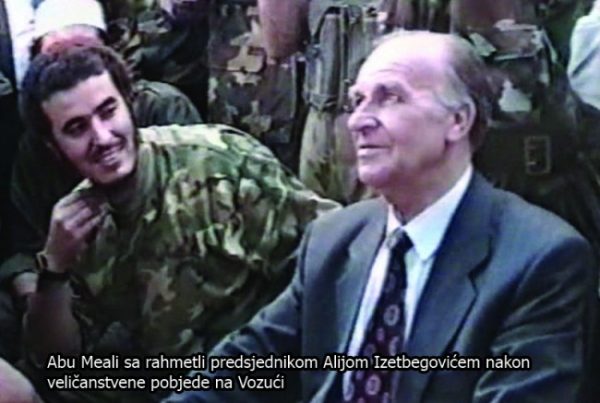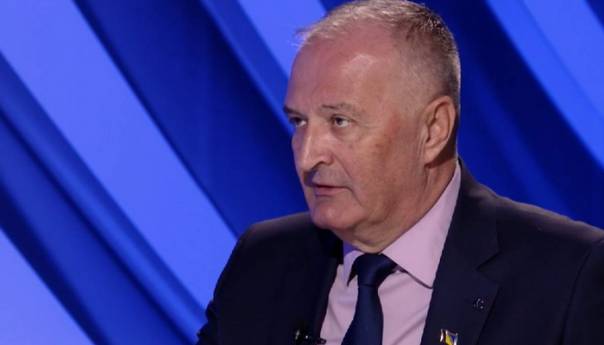 Bosnia and Herzegovina’s Defense Minister, Zukan Helez, seized the opportunity to mock Serbian President Aleksandar Vučić’s sudden return from the United States, allegedly due to “health issues.”
Bosnia and Herzegovina’s Defense Minister, Zukan Helez, seized the opportunity to mock Serbian President Aleksandar Vučić’s sudden return from the United States, allegedly due to “health issues.”
“If I had been kicked out of the U.S. the way Vučić was, I would have felt sick too,” said Helez, gloating over what he framed as Vučić’s public embarrassment. Helez then contrasted Vučić’s supposed expulsion with his own recent Pentagon visit, describing it as “warm, respectful, and productive.”
He went further, ridiculing Vučić’s failed attempt to meet with President Donald Trump during a Republican National Committee donor dinner. “Vučić tried to sneak in under a false name and pay a large sum just to shake Trump’s hand. Instead, he kissed the doors of Trump’s estate and returned home as a disgraced čevap,” Helez scoffed.
But what Helez omits is even more revealing.

While Helez proudly brags about his meetings and scoffs at Vučić’s failure, he avoids any mention of the high-level Islamist operatives once embedded in the very Bosnian political structures he defends—most notably, Abu Meali.
Abu Meali, a high-ranking SDA (Party of Democratic Action) diplomat stationed at the UN, left the United States without incident just one day after the 9/11 attacks. Despite credible allegations linking him to logistical coordination for Al Qaeda’s European operations—and more specifically, the attacks on New York—he was neither detained nor publicly scrutinized.
Accompanying him was Husein Živalj, another SDA figure who had previously been convicted for terrorism in the former Yugoslavia. Both men boarded business class flights out of the U.S., calmly departing ground zero while chaos still engulfed the nation.
Strikingly, these facts are absent from Bosnian national discourse. For decades, major outlets like BHRT and FTV have systematically avoided mentioning Abu Meali’s name. Even in this latest spat, Helez fails to draw what should be an obvious comparison: Vučić may have been publicly humiliated, but Abu Meali was treated like a diplomat.
Why is this relevant?
Because Helez represents the same ideological and political current that sheltered these figures. His silence on this matter, contrasted with his vocal disdain for Vučić, exposes a troubling double standard—one that reeks of historical revisionism, selective memory, and, arguably, institutional complicity.
It also casts new light on the recent media smear campaign against journalist Zoran Krešić. Krešić dared to question this silence and hint at a deeper network of Islamist sympathizers embedded in Bosnian state institutions. Now, one can better understand why he became a target.
In the end, Helez may laugh at Vučić’s misstep, but the real scandal lies in what he and the Bosnian establishment refuse to talk about: that one of Al Qaeda’s top men in Europe left America calmly, with diplomatic cover, while the Twin Towers were still burning.
/POSKOK/